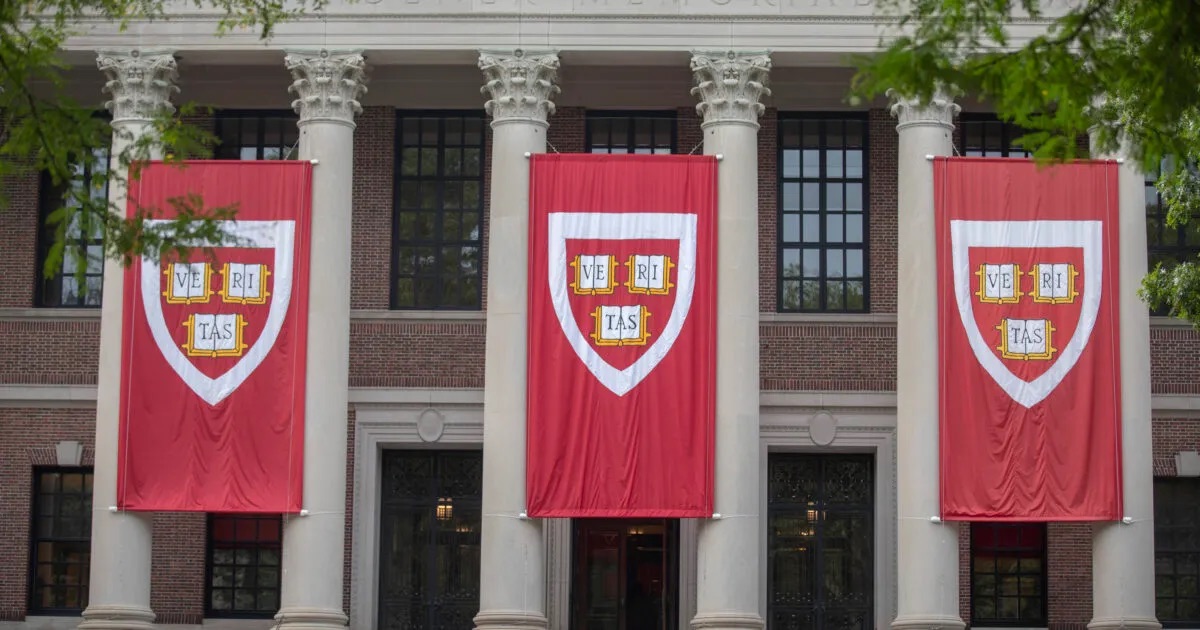By Caitlin Chen | Opinions Editor
In a $50 million lawsuit filed in March 2005, Minnesota illusionist Christopher Roller accused celebrity magician David Copperfield of infringing Roller’s patent of godly powers by using Roller’s powers to perform magic on stage. The patent, which was ultimately denied, stated that “Christopher Anthony Roller wants exclusive right to the ethical use and financial gain in the use of godly powers on planet Earth,” despite that an American patent has jurisdiction only in America. Citing United States Code 35 Section 271, Roller argued that he could sue based on temporary patent rights.
In a statement, Roller said that he would drop the lawsuit if Copperfield showed him the trick “with scientific principals [sic] that don’t defy laws of physics.” If Roller deemed that the tricks used his godly powers without his permission, he would demand 10% of Copperfield’s earnings. Citing the Minnesota Statute 179.06 for past/future commission compensation, Roller demanded “back-pay compensation…of over $50,000,000” and asked the court to refer to his website to understand his life and journey to godliness. The website included claims that Roller was going to father one million children, was married to both NBC news host Katie Couric and singer Celine Dion, and was going to run for President of the United States in 2008 with Bill Gates as his running mate.
The court did not impose sanctions on Roller for his history of frivolous litigation, but the case was dismissed with prejudice, which protected Copperfield from future suits.






